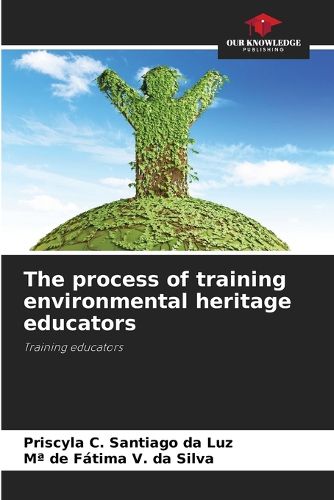Readings Newsletter
Become a Readings Member to make your shopping experience even easier.
Sign in or sign up for free!
You’re not far away from qualifying for FREE standard shipping within Australia
You’ve qualified for FREE standard shipping within Australia
The cart is loading…






The aim of the research was to analyze the representations of the environment held by a group of environmental educators in the context of training in Environmental Heritage Education (EPA), as well as to discuss EPA as education for the formation of the conscience of the ecological subject who assumes the environment as heritage. The research data was obtained during the Training Course for Environmental Educators, held in the town of Vigia de Nazare/Para. The information was collected using a semi-structured questionnaire and statements made by the subjects during the course. High school and primary school teachers, NGO representatives and high school students took part in the research. The analysis was based on discourse and the discourse of the collective subject. The results were categorized based on the similarities, similarities and commonalities of the discourses. The conclusions point to the critical tendency found in most conceptions of Environmental Education. And the main themes that are worked on in educational practices are geared towards shaping people's attitudes towards environmental problems.
$9.00 standard shipping within Australia
FREE standard shipping within Australia for orders over $100.00
Express & International shipping calculated at checkout
The aim of the research was to analyze the representations of the environment held by a group of environmental educators in the context of training in Environmental Heritage Education (EPA), as well as to discuss EPA as education for the formation of the conscience of the ecological subject who assumes the environment as heritage. The research data was obtained during the Training Course for Environmental Educators, held in the town of Vigia de Nazare/Para. The information was collected using a semi-structured questionnaire and statements made by the subjects during the course. High school and primary school teachers, NGO representatives and high school students took part in the research. The analysis was based on discourse and the discourse of the collective subject. The results were categorized based on the similarities, similarities and commonalities of the discourses. The conclusions point to the critical tendency found in most conceptions of Environmental Education. And the main themes that are worked on in educational practices are geared towards shaping people's attitudes towards environmental problems.